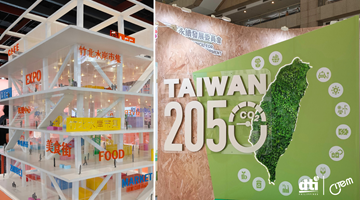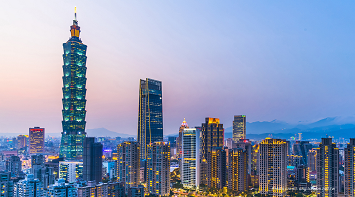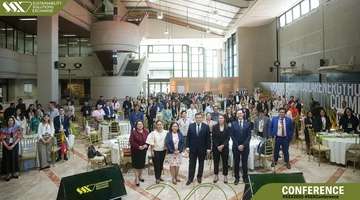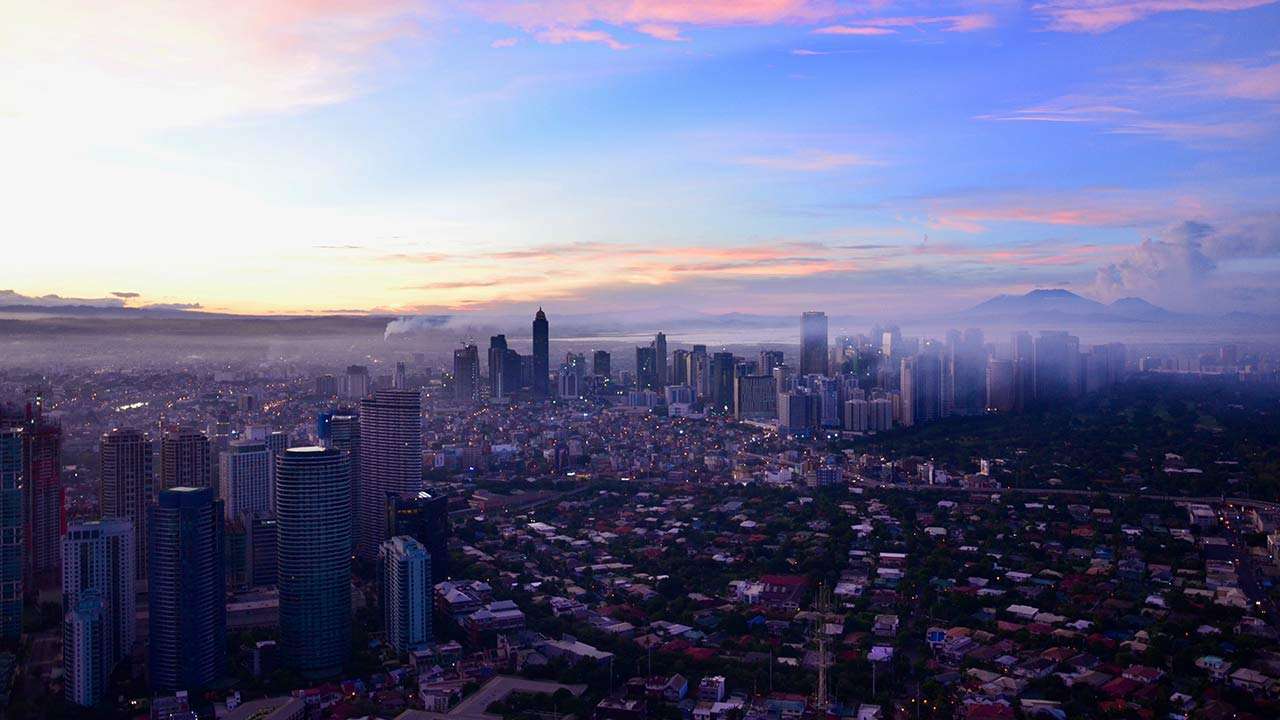POSTED Mar 22, 2022 - 10:09 AM
Road to ‘net zero’: Eco-friendly commitments by the country’s biggest corps
To help mitigate climate change, the Philippines’ biggest corporations are striving to incorporate “net zero” initiatives into their business practices
Original article by Doris Dumlao-Abadilla
Additional text by Yann Magcamit
With climate change still viewed as the biggest existential threat to humanity, everyone must do their part to mitigate this problem—including the business sector.
Despite the unprecedented economic disruptions caused by COVID-19, the country’s biggest corporations are paying attention and striving to incorporate environmentally-friendly initiatives in their business practices.
Among these is a commitment to accomplishing “net zero” greenhouse gas emissions. According to BBC, “achieving it means reducing emissions as much as possible, as well as balancing out any that remain by removing an equivalent amount.”
Net zero-aligned initiatives
Marking the first for a local conglomerate, Ayala Corp.’s president and chief executive officer Fernando Zobel de Ayala recently announced the country’s oldest business house’s commitment to this eco-friendly initiative.
With 2050 as its target, the corporation aligns its business strategy with the Paris Agreement’s goal of limiting global warming to 1.5 degrees Celsius compared with pre-industrial levels. To do this, they are setting science-aligned goals covering the following:
- Scope 1: Direct emissions from owned or controlled sources
- Scope 2: Indirect emissions from the generation of purchased electricity
- Scope 3: Other indirect emissions across the value chain
“Climate action is an existential issue for all of us. I believe that businesses, given their scale and resources, should take the lead in transitioning communities toward a low-carbon economy, informed by science, constructive dialogue, and cooperation,” said Zobel.
This net zero mid-century goal seeks to completely negate the amount of greenhouse gases produced by human activity. This starts by measuring emissions, setting goals, and taking concrete steps like building energy-efficient structures, retrofitting old ones, reducing and recycling waste, conducting large-scale reforestation, and shifting to renewable energy. Progress should be documented and reported to the public.
Meanwhile, the SM group shared its vision for an entire ecosystem of sustainable businesses that contribute to a green and prosperous environment while also mobilizing business leaders, regulators, and other stakeholders to discuss this agenda at the recent Global Reporting Initiative (GRI)-SM ASEAN Sustainability E-Summit 2021.
“We are coming out of a period of tremendous change, and we have tremendous change ahead of us that’s needed to be done, and the expectation of all of our stakeholders—the people who are watching this, the businesses and the business leaders—is that we will rise to that challenge… And we will be judged, if not by them, then certainly by history,” said Tim Daniels, head of investor relations and sustainability at SM Investments Corp.
“We anticipate that there will be enduring changes triggered by the pandemic and we see these enduring changes as new opportunities to be of service. We are reimagining new ways to be of service to people, to businesses of all sizes, to the local communities that our malls belong to, and ultimately, to the country and to the planet we share,” said SM Supermalls president Steven Tan.
To achieve these goals, SM is putting up solar facilities on the roof deck of its malls to generate renewable energy. To divert plastic waste from oceans and landfills, they are also initiating waste collection programs in SM malls nationwide.
More renewable energy efforts
Globe Telecom also shifted to buying energy directly from renewable energy producers for its offices and facilities, while AC Energy is on its way to installing five gigawatts of renewable energy by 2025.
Additionally, the Bank of the Philippine Islands has stopped funding new coal-fired power generation projects to halve its coal loan exposure by 2026 and bring it down to zero by the end of 2032.
On the other hand, First Philippine Holdings chair and CEO Federico Lopez stated that “sustainability is no longer enough in a world that’s badly in need of healing and renewal.” Instead, what his group aims for is “regeneration.”
“We could carve out a definitive path to decarbonize the electricity system in the country, take charge of transition from fossil fuels like coal and natural gas today to renewables like geothermal, hydro, solar and wind, also, of course, storage batteries, and energy efficiency and other smart energy technologies,” said Lopez during the GRI-SM forum.
Energy Development Corp. is now working to bring down the cost of geothermal power, “although admittedly not quite as dramatically as what we’ve seen for wind and solar,” he said. The Lopez Group is also planning to eventually phase out its liquefied natural gas operations in line with 2050 net zero goals.
“They could eventually be repowered into using clean hydrogen in the coming decades, as technology develops and attains commercial [viability]. Now, if we green the electricity grid, it opens up the electrification of transport in many other industrial manufacturing processes, which today are run by polluting fuels like gasoline, diesel, and bunker fuel,” he said.
Accountability reminders
The rising number of businesses announcing green initiatives is good, but consumers and organizations are also encouraged to be watchful towards greenwashing acts. “Greenwashing” refers to misleading or inaccurate claims that some entities may publicize in order to appear virtuous and ride on the sustainability bandwagon.
“We’re not just talking about greenwashing. We’re talking about SDG-washing,” said GRI’s ASEAN regional hub head Allinnettes Adigue, referring to the United Nations’ Sustainable Development Goals. She also talked about another term in relation to net zero commitment: carbon-washing, which Stanford University’s Sustainable Finance Initiative describes as a term for “the threat of greenwashing concerning carbon emission reductions.”
“So I’d go back to the other stakeholders in this ecosystem who consume these reports. When there are people scrutinizing these reports, the company will think once or twice on what type of information that they put out,” said Adigue.
This story was originally published on Inquirer.net
For more information and news on business visit CREATE Philippines and IFEXCONNECT
Read more

Rooted in Advocacy, Crafted for the Future
Going strong for 42 years, Manila FAME is a bold, seasoned trade show shaped by decades and transfor... Learn More

Learning the curve of sustainability: CITEM explores Taiwan’s SDG-driven industries
CITEM tracks sustainable practices in Taiwan’s transformative industries, and gets a glimpse of a... Learn More

CITEM Market Sensing Mission to Taiwan to strengthen PH SDG competency
Making serious strides toward strengthening the country’s sustainability footprint, CITEM travels to... Learn More

EU, PH push for green solutions in food industry at Sustainability Solutions Exchange 2025
Aiming to develop a sustainable Philippine food industry, the European Union (EU) and the Department... Learn More
